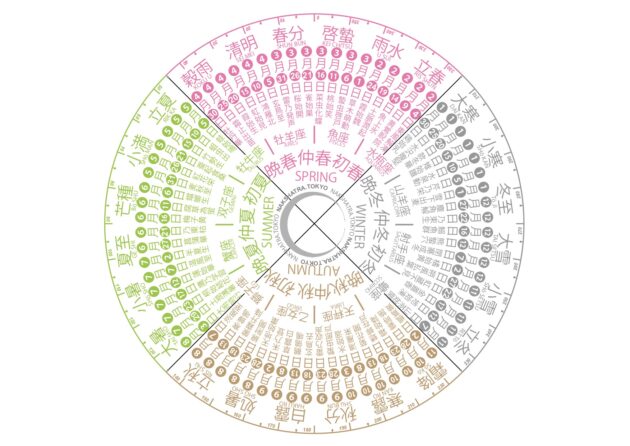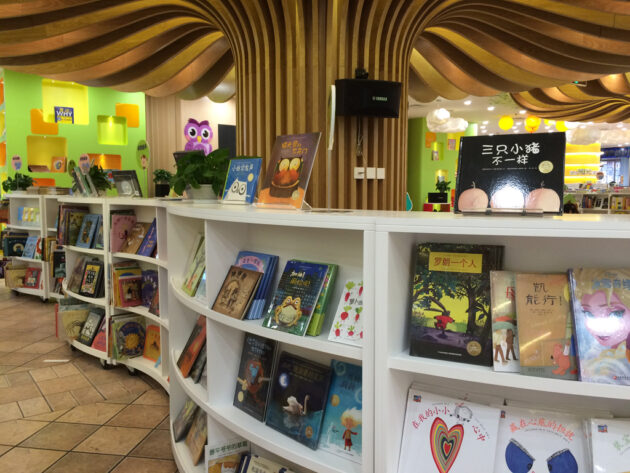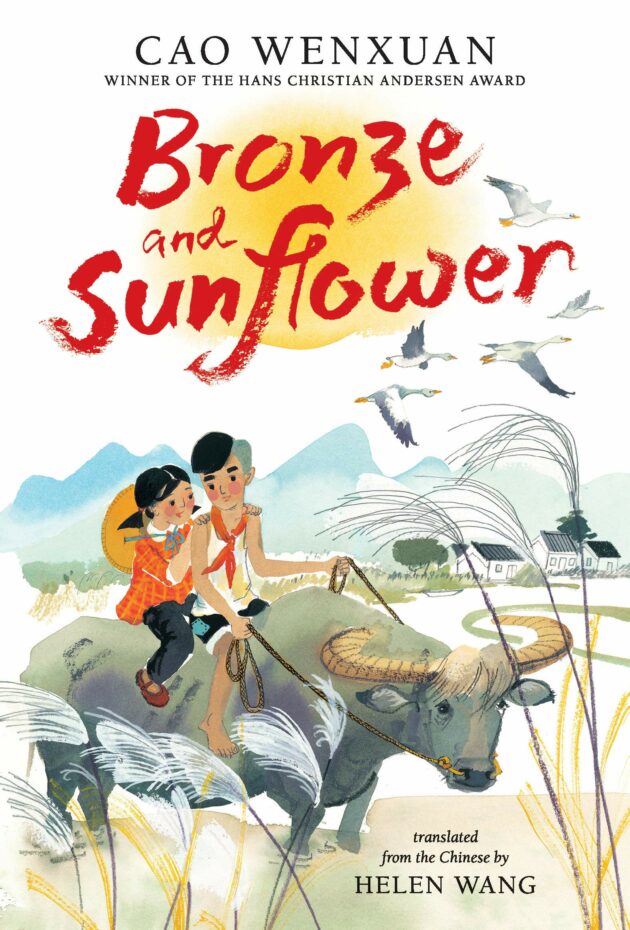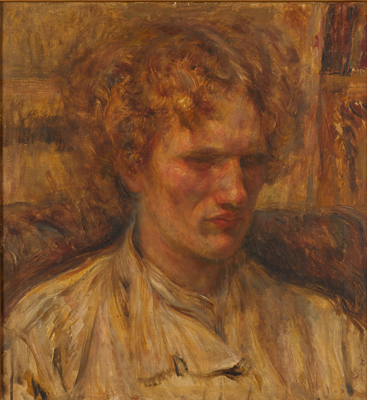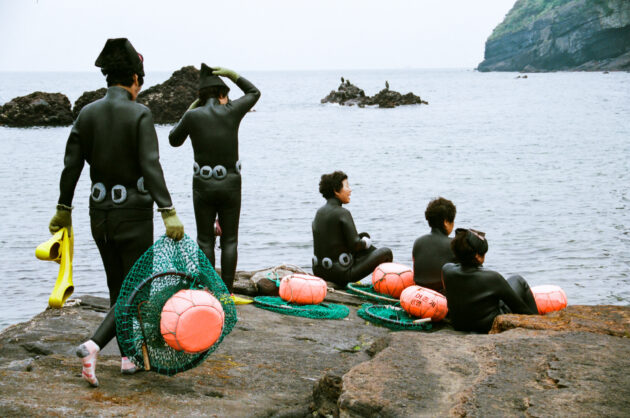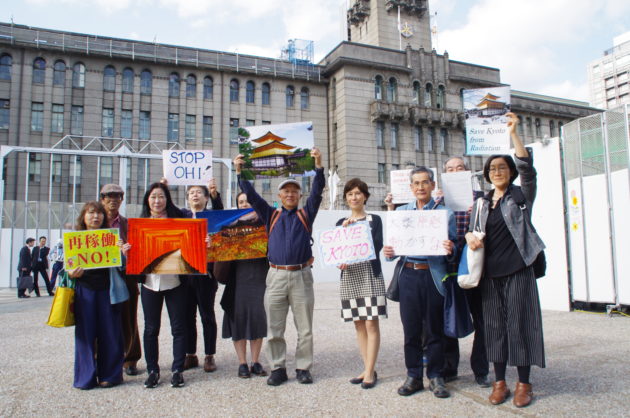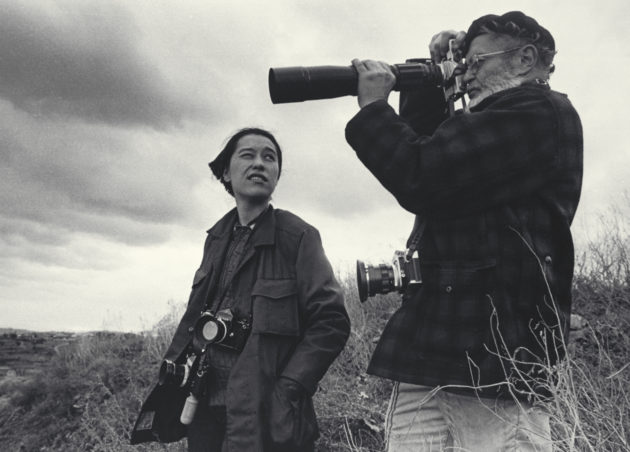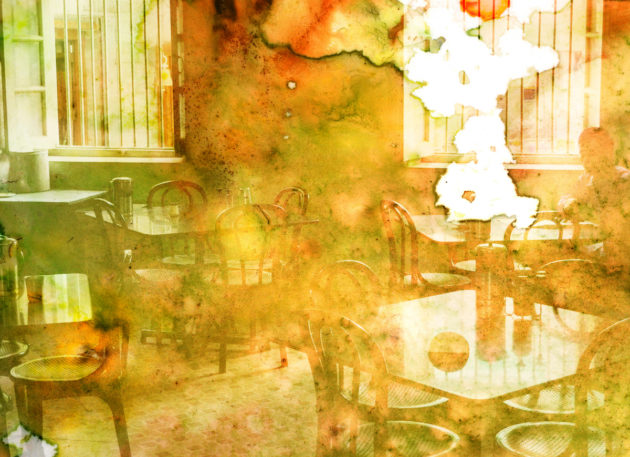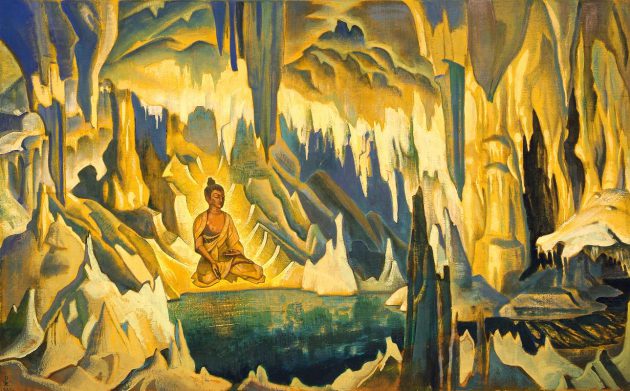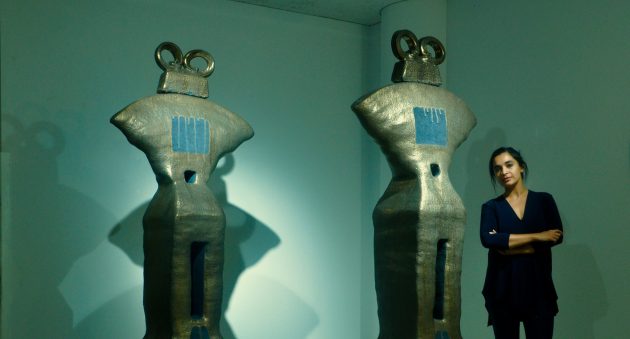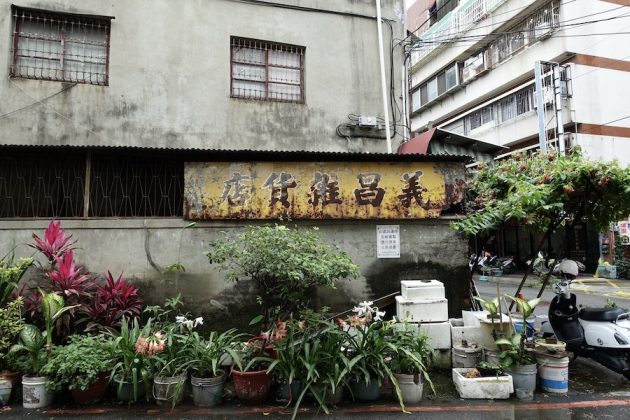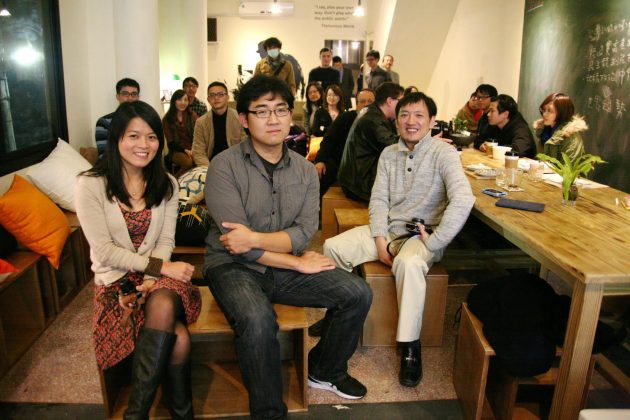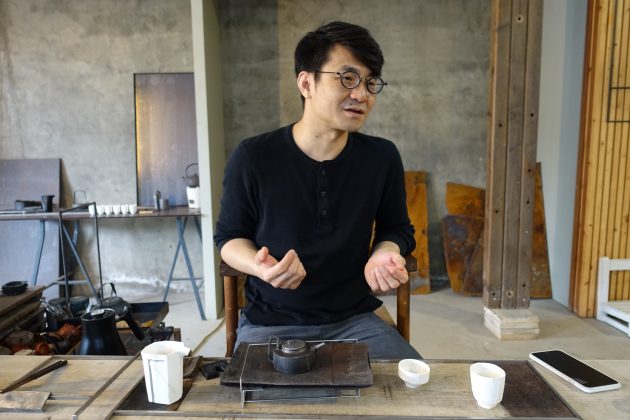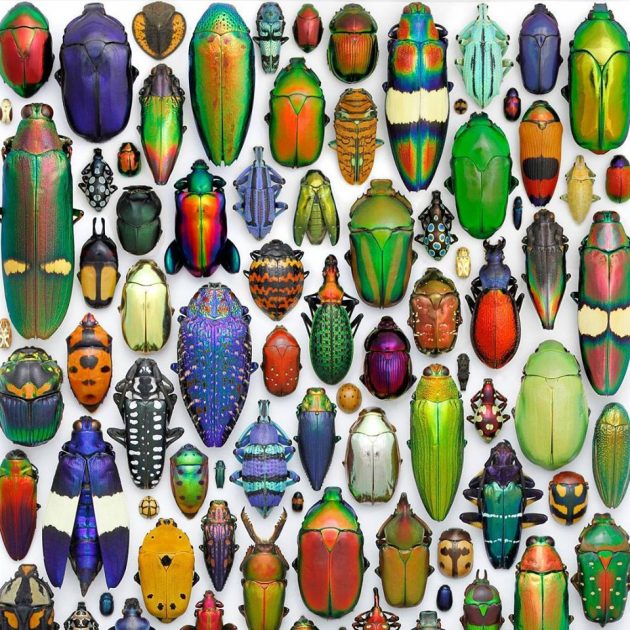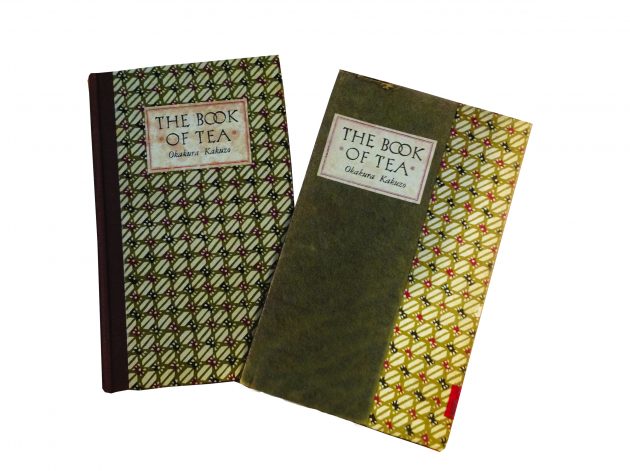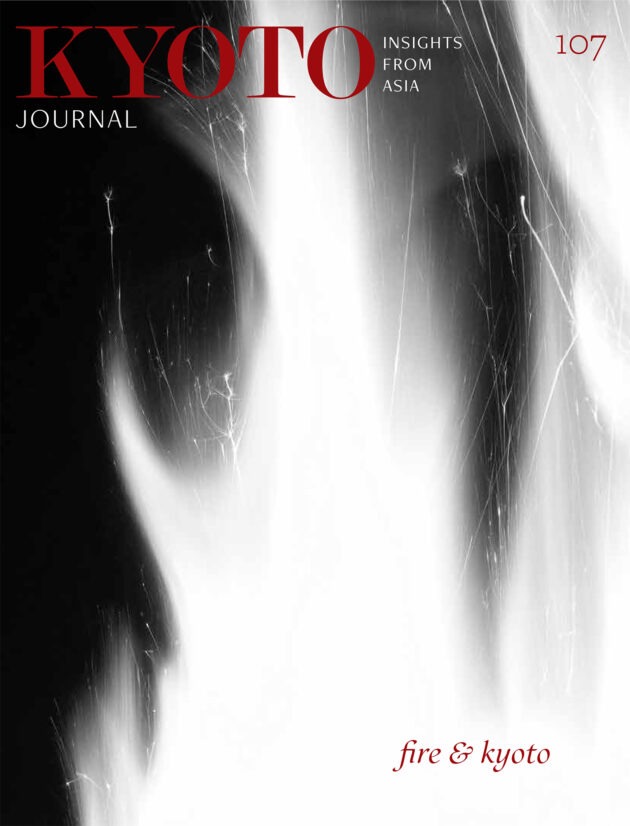INSIGHTS FROM ASIA
What does it mean to be Nikkei, a member of the Japanese diaspora? By being simultaneously Japanese and non-Japanese, Nikkei are forcing a re-evaluation of Japanese identity.
Japanese identity is complex and often oversimplified, its nuances underappreciated. Through interviews with Nikkei—particularly those who have returned to their ancestral homeland—I hope to shine a light on their experiences as outliers of Japanese identity, find common threads, and gain a deeper insight into the edges and unspoken essence of Japaneseness—what it means to be Japanese.
Read MoreEver since our ancestors gazed skywards or closely observed the wonders of the natural world around them, they saw patterns in cycles and found ways to recall them. Different cultures around the world have developed systems to mark the passage of time, and every calendar reveals something about how the people who created it related to the world around them. The ancient Japanese almanac of 72 micro-seasons provides a map of time that is a fascinating mixture of culture and nature.
Read MoreAs recently as the early 20th century, verdant and productive rice fields dominated the flat lands on the northern outskirts of Kyoto, squeezing small villages up against surrounding foothills. However, in post-war years this fertile farmland has been encroached on and overwhelmed by waves of suburbanization.
Read MoreFor a few years before the pandemic I was lucky enough to travel to Asia a few times—for work, for pleasure and as a translator of Chinese children’s books. Along the way, I developed a habit of doing quick surveys of the children’s books on sale in international airports, cities, and museums. …I was interested to see the situation in countries where there are generally more translated children’s books available than in the UK.
Read MoreAs Curator of East Asian Money at the British Museum, Helen Wang might seem an unlikely activist for global children’s literature. But September 2021 found her tweeting daily for World Kid Lit Month (@WorldKidLit), an initiative to promote picture books through young adult novels in English translation. She also collaborates with the China Fiction Book Club, Paper Republic, Translated World, the Global Literature in Libraries Initiative, and the Bai Megui Translation Competition, and she co-founded the blog Chinese Books for Young Readers.
Read MoreEroshenko’s experiences tell us of another era in which Japan was emerging as a cosmopolitan hub and in which Europeans might come to Japan to learn, rather than to teach. It was also an era in which contact and exchange were spreading across Asia, with ideas, people and objects all being coming to Japan from across the continent. However, the story also reveals that, whilst to some a life of travel and reliance upon friendship and the goodwill of others was an inspiration, in the eyes of the Japanese state it came to be seen as a threat.
Read MoreMy first encounter with the Haenyeo was through their song. I was hiking in the Seongsan crater on Jeju, an island off the southern coast of South Korea, when I wandered down a winding cliff path to the waterfront. On the rocky beach, an empty seaside restaurant offered seafood to absent crowds. It was obvious that Covid had taken a toll on the local tourism industry. Then the sound of singing came from a shack next to the restaurant, and filled the bay. A few minutes later five women emerged, probably in their late 50s and 60s, wearing brightly-coloured woolen underwear, wetsuit pants, and rubber moccasins. They continued to sing, dance, and laugh while simultaneously helping each other into their remaining diving gear.
Read MorePart 2 of an Extended version of our Interview with Kyoto Activist Aileen Mioko Smith published in KJ 99, Dec. 2020.
Read MoreAN INTERVIEW WITH KYOTO ACTIVIST AILEEN MIOKO SMITH
Read MoreIn a current landscape dotted with fast-food hegemony and the rapid erosion of lazy afternoons, is nostalgia enough to carry forth the legacy of Irani cafés in India?
Read MoreThe cave with the hidden Book of the Dead is a powerful metaphor for the pandemic interval we’re experiencing, a between-space whose teachings are accessible if we have the right perspective.
Read MoreFrom India, Australia, Japan, to the United States, and elsewhere she pursued variety and experience, which for a time was recorded on her social media under the hashtag #claynomad.
Read MoreIn his book “Japan In The World: Shidehara Kijûrô: Pacifism and the Abolition of War,” peace historian Klaus Schlichtmann illuminates the true story behind Article 9, spotlighting the decisive role played by Shidehara Kijuro, Japan’s pacifist foreign minister.
Read More“When my mother burns incense to honor the ancestors, it’s for those of my father’s family, the Wang, not her own, the Liu,” Shuyuan said as we mounted the steps of the factory. “She feels that neither she nor any of us children ever got anything from the Liu, its village or its land. Everything we have came from my father and this factory.”
Read MoreIt’s easy to assume that Chieh-Ting would be cynical about Taiwan’s future. But despite the many challenges he’s faced during the years he’s worked to support it, Chieh-Ting is cautiously hopeful, a fact that only further accentuates his affection for the small island he still calls home.
Read MoreWu insists that for a ceramic artist engaged primarily in making tea pots, the time spent imbibing tea far exceeds that of fashioning clay.
Read MoreDensely packed into an area barely the size of Switzerland are an astonishing one hundred hot springs that invite you to indulge in their restorative, mineral-rich waters.
Read MoreDuring these years of travel, my understanding of what diversity means has changed. I began with an intuition, that the world was, from place to place and from culture to culture, far more different than I had been led to believe. Later, I began to understand that to ignore these differences was not simply insensitive but unjust and perilous.
Read MoreThe Tuttle story stretches back to the printer Richard Tottel (1553-1593) of Fleet Street, London, who first published Thomas Moore’s Utopia, and compiled the first English poetry anthology, Songes and Sonettes…
Read MoreWith unprecedented snowfall in Australia’s subtropical state of Queensland, hail storms in Mexico City and record high temperatures in Paris (45.9C) and Churu Rajasthan (50.8C), it is increasingly difficult to close our eyes to the consequences of global heating. When we see self-serving politicians and big business leaders in flagrant collusion, displaying no inclination toward implementing…
Read More

